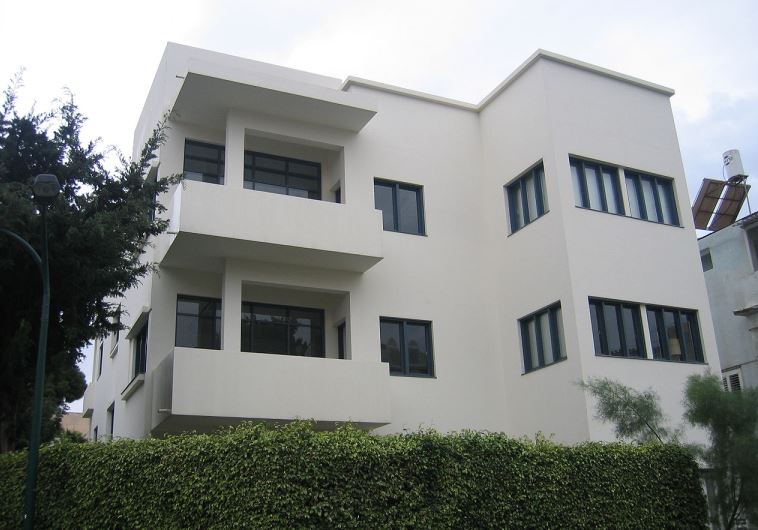Ministers approve bill preventing landlords from raising rent by more than 2% each year
“Public battles can bring awareness and a real change,” says one of bill's initiators, MK Stav Shaffir.
 Bauhaus building in Tel Aviv (photo credit: TALMORYAIR/WIKIMEDIA COMMONS)Updated:
Bauhaus building in Tel Aviv (photo credit: TALMORYAIR/WIKIMEDIA COMMONS)Updated: